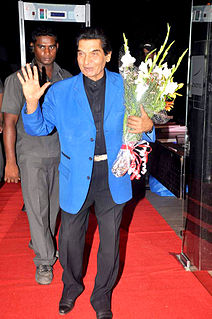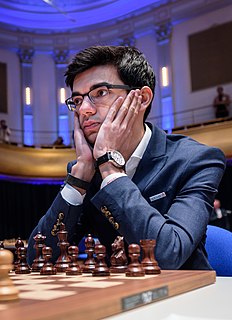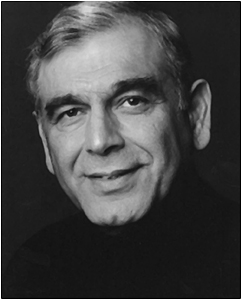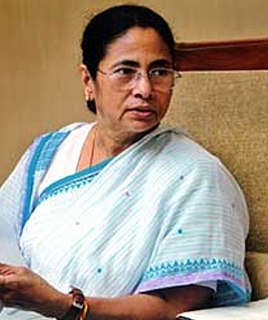A Quote by Rosemary Mahoney
A majority of my blind students at the International Institute for Social Entrepreneurs in Trivandrum, India, a branch of Braille Without Borders, came from the developing world: Madagascar, Colombia, Tibet, Liberia, Ghana, Kenya, Nepal and India.
Related Quotes
I went to L.A., and I was on two different studio movies at Fox and Sony, but they were never made in the end. When the second one wasn't happening, I ended up doing an episode of 'Who Do You Think You Are?' for the BBC, and went on a roots trip from England to Kenya, India, and pre-partition India in Pakistan, where my family originally came from.
The ratio of boys to girls is bad in three big countries in Asia: China, Vietnam, and India. It's worst in the north of India, where there's horrendous poverty. The number of girls in many of these places is so low that it has social consequences. You get young men without jobs and without women, and this leads to chaos and political danger. But the south of India is very different.
So far as we are concerned, there is not one word in the statements that I have made in this council which can be interpreted to mean that we will not honour international obligations. I want to say for the purpose of the record that there is nothing that has been said on behalf of the Government of India which in the slightest degree indicates that the Government of India or the Union of India will dishonour any international obligations it has undertaken.




































